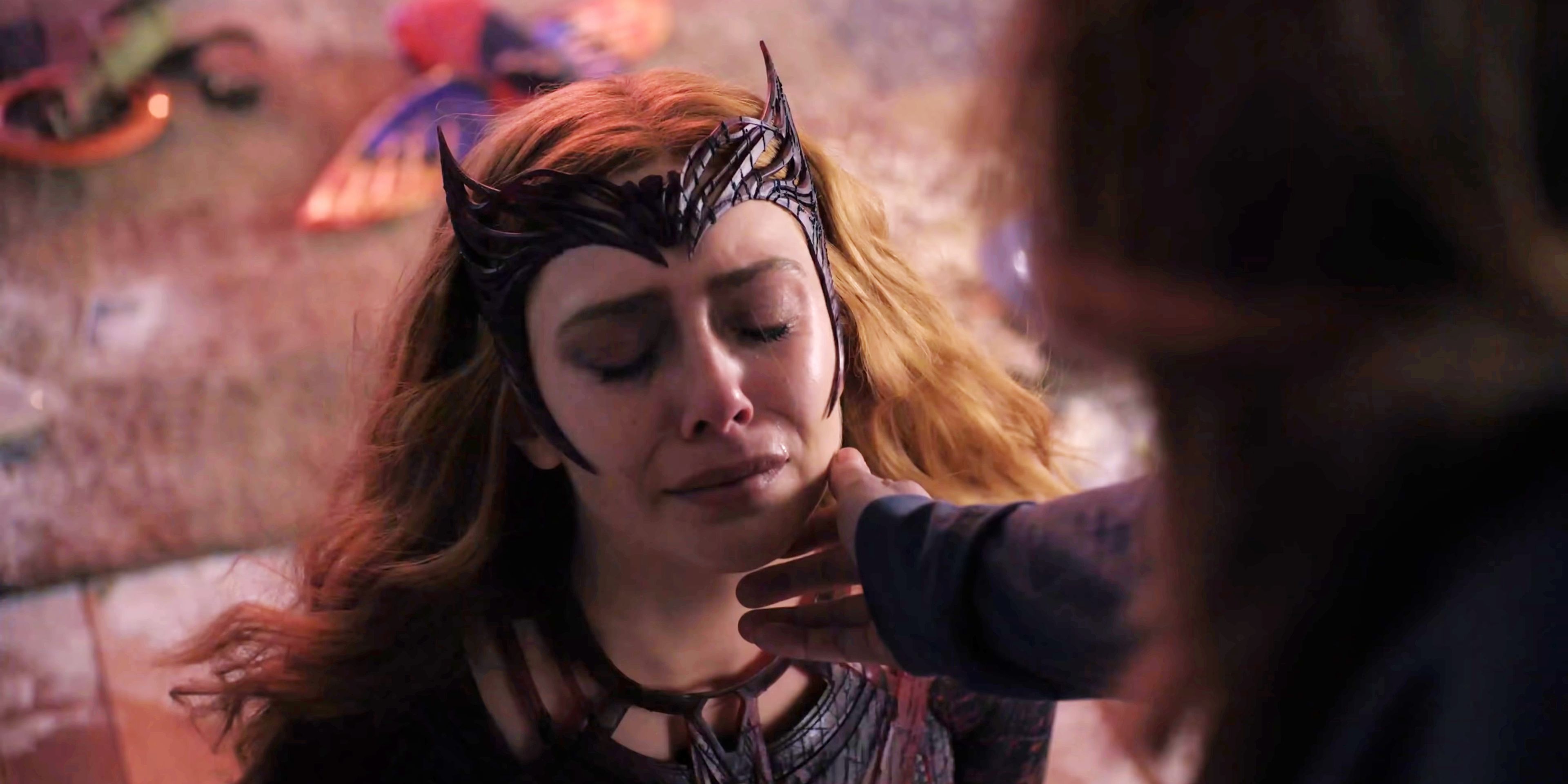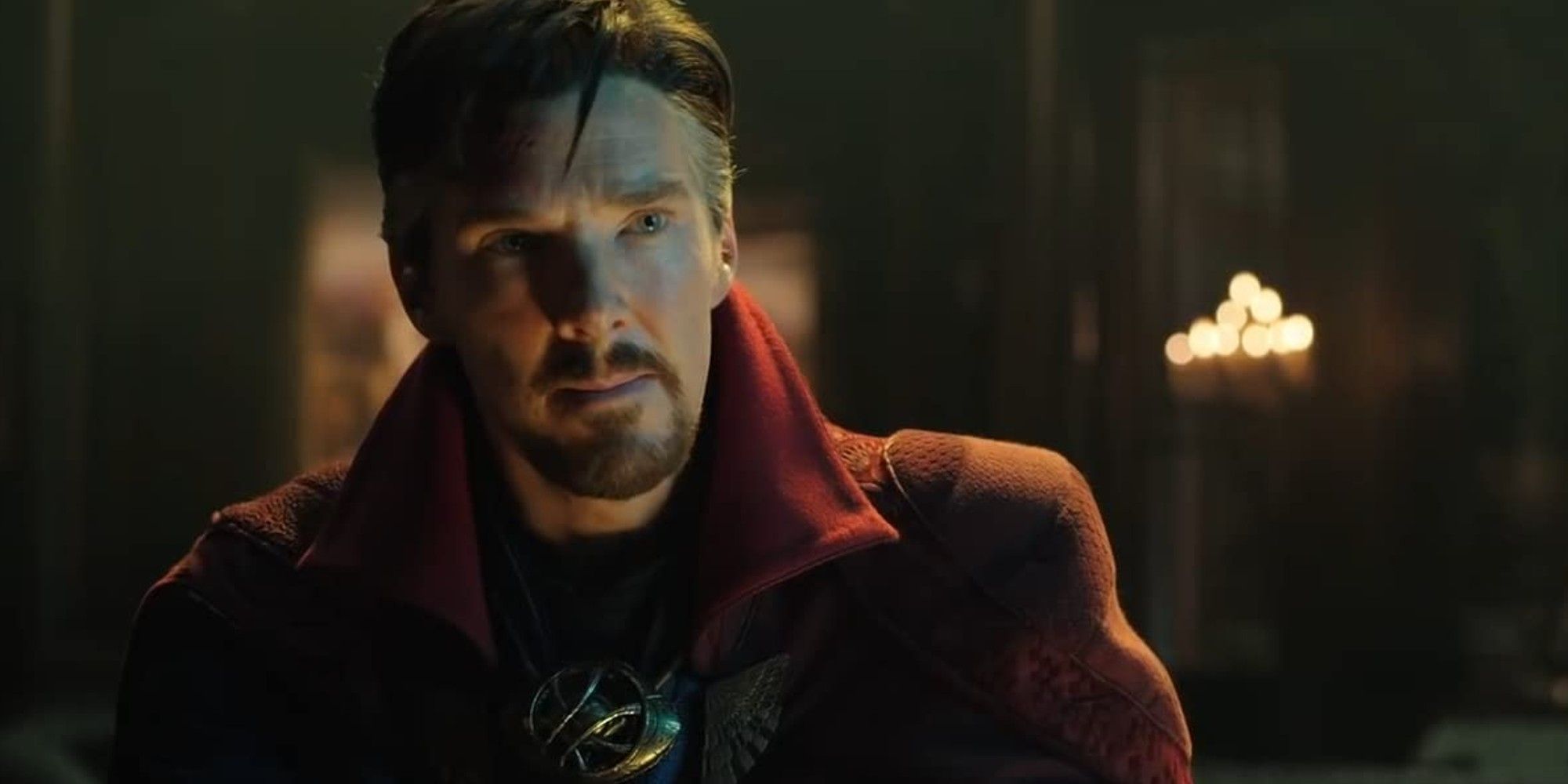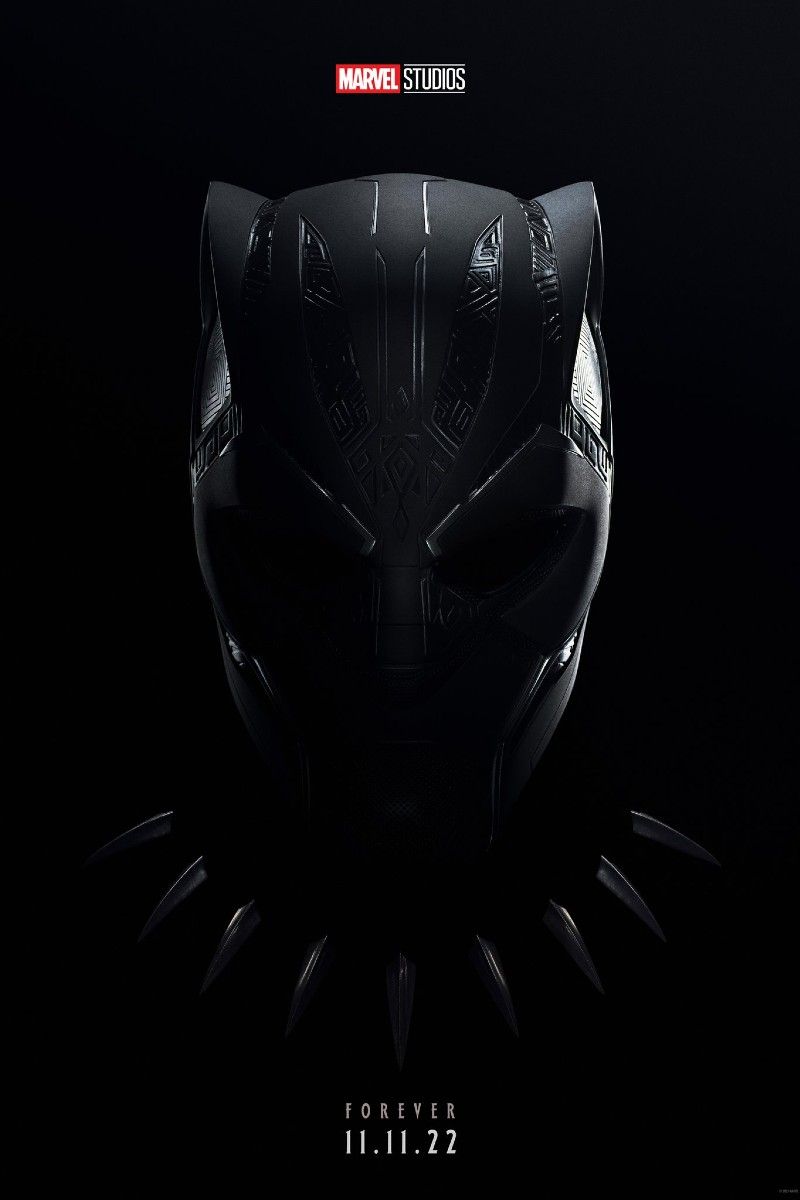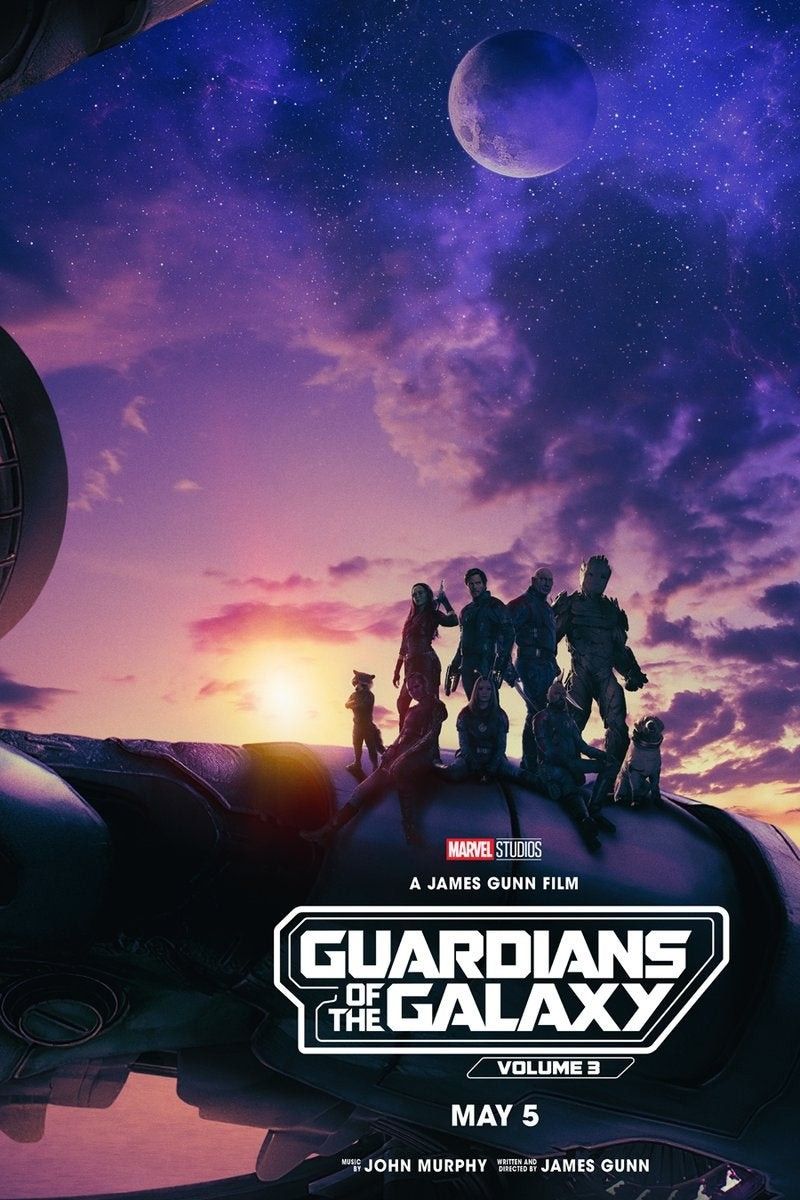Doctor Strange in the Multiverse of Madness writer Michael Waldron explains the emotional stakes that come with exploring the multiverse. The highly anticipated sequel to 2016’s Doctor Strange is set to finally hit theatres next month, and will see Benedict Cumberbatch return as Master of the Mystic arts, Doctor Stephen Strange. Director Sam Raimi will put his own entirely unique spin on this latest MCU installment, which will also see Elizabeth Olsen star as Wanda Maximoff/Scarlet Witch, while Chiwetel Ejiofor, Rachel McAdams, and Benedict Wong will also return to reprise their original roles.
The MCU has spent a much of Phase 4 establishing the concept of the multiverse, all of which came to a head in Spider-Man: No Way Home, in which Doctor Strange caused a major rift in the multiverse after Peter Parker interfered with his spell. This ultimately opened the door to any Marvel figure, enabling them to cross over in the MCU’s Sacred Timeline, including Spider-Man alumni, Tobey Maguire and Andrew Garfield, alongside a handful of non-MCU villains. With Doctor Strange in the Multiverse of Madness set to focus on the aftermath of No Way Home, the first Doctor Strange 2 trailer previously glimpsed what appears to be alternate versions of characters such as Strange, as well as the incredibly exciting return of Patrick Stewart, who previously played Professor Charles Xavier in Marvel/Fox's X-Men films. Stewart's Professor X return confirmed that almost any characters from outside of the MCU could potentially make an appearance in Multiverse of Madness.
In a recent conversation with SFX Magazine (via GamesRadar) Waldron discussed how, while the multiverse may be a fun concept, it also comes with a number of emotional implications. Waldron opened up about how confronting the multiverse means “hold[ing] up a mirror” to the characters, which makes for a complex task. Waldron continued that the multiverse ultimately “shapes the emotional heart” of Doctor Strange in the Multiverse of Madness’ plot, before praising the cast for their talents in taking on the story. Check out Waldron’s quote below.
"The danger is you can expand your scope too wide, and you can actually reduce the stakes if you don’t make it personal as you go bigger and wider, but the opportunity in the multiverse is to have characters confront literal ‘What ifs?’ and alternate versions of themselves and perhaps others in their lives. It’s an interesting way to hold up a mirror to characters.
In every way, it shapes the emotional heart of the story. It has to. The multiverse isn’t just a MacGuffin where we’re like, 'Okay, this is just a kitschy thing that we’re playing with in this movie.’ If you’re faced with alternate realities and with alternate versions of yourself that has to become the emotional heart, exploring who you might be if you were a different version of yourself, if you made other choices, the right choices or the wrong choices. It’s complex stuff, emotionally, and that’s exactly why it’s so thrilling and so great for a cast as dramatically talented as this one."
Waldron went on to say that in order to write Doctor Strange in the Multiverse of Madness, he watched the first Doctor Strange movie a number of times in order to ensure that Stephen and his story was at the centre. Waldron also served as the head writer on Marvel’s hit Disney+ series Loki, which also offered major implications for the MCU as audiences continue to explore the multiverse going forward, with the final episode bearing witness to the destruction of the Sacred Timeline. With the Doctor Strange in the Multiverse of Madness release date drawing ever close, it remains to be seen just what sort of emotional turmoil these characters will go through across the film’s 2 hour and 6 minute runtime, as the realities of the expansive multiverse truly begin to take hold.
Waldron’s comments about the emotional impact of the multiverse certainly spark an interesting discussion, as much of the excitement surrounding Multiverse of Madness has focused on the film’s seemingly unlimited cameo opportunities. However, with recent teasers offering glimpses of storylines such as Wanda reuniting with her children, its fair to say that this sequel is likely to be both fun and devastating in equal measure. Audiences will soon learn of the emotional realities that theses characters must face, when Doctor Strange in the Multiverse of Madness hits theatres on May 6.
Source: SFX Magazine (via GamesRadar)







